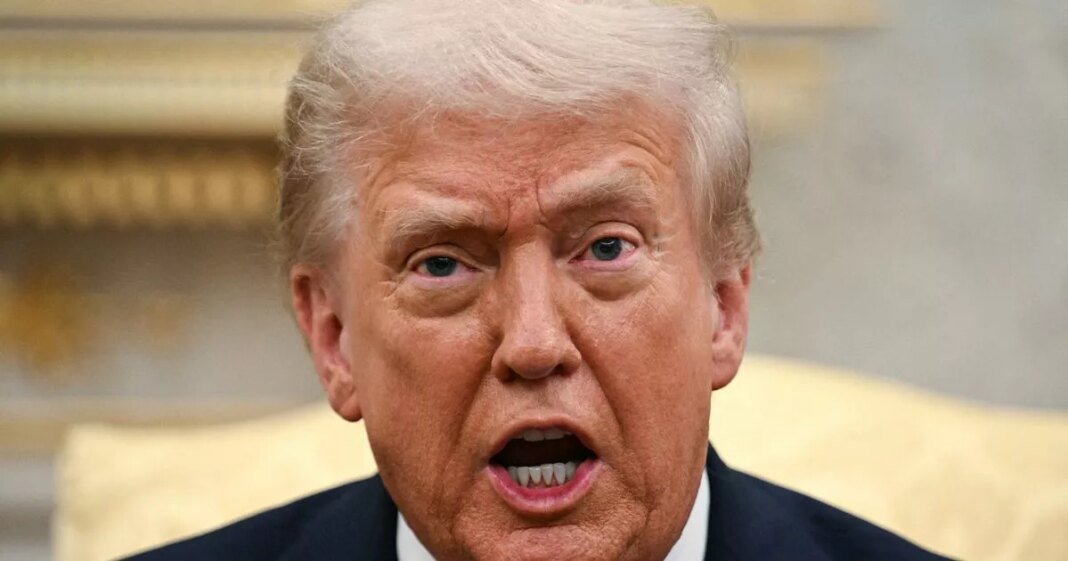Leading experts have cautioned that NHS patients could face harm due to potential delays if Donald Trump pressures Britain into paying higher prices for medications. Concerns are rising that an alleged plan to increase drug costs by 25% might result in budget shortfalls for the NHS, leading to extended waiting times for patients. The UK is reportedly engaged in advanced discussions with US officials to prevent imposing significant tariffs on drug imports.
The NHS has traditionally been adept at negotiating lower drug prices compared to private hospitals in the US, leveraging its collective bargaining power. However, the UK government is said to be considering raising the NHS “value for money” threshold by a quarter, potentially resulting in billions of pounds in additional spending on essential drugs.
In response to Trump’s threats, several pharmaceutical companies have halted investments in Britain. AstraZeneca, Lilly, and Merck have collectively paused over £1.3 billion in investments, with Merck abandoning a £900 million research center project and AstraZeneca postponing a £170 million investment in its Cambridge facility.
The UK is said to have presented the proposal to increase drug spending to the Trump administration, although acceptance remains unknown. Experts like Ed Wilson and Dr. Dan Howdon have expressed concerns about the potential impact on NHS patients, emphasizing the need for transparent discussions regarding the trade-offs involved in such decisions.
Industry insiders have suggested that the UK may need to concede to higher drug prices post-Trump to retain global pharmaceutical engagement. Advocacy groups have criticized pharmaceutical companies for acting like a “cartel,” while government officials have highlighted the importance of the pharmaceutical sector to the NHS and the economy.
Efforts to increase the NHS threshold for drug spending aim to improve patient access to costly medications but could result in overall higher healthcare costs. The proposed 25% hike in the NICE threshold has raised debates about the impact on patient care and population health.
President Trump’s stance on drug pricing and potential tariffs on pharmaceutical imports has added pressure on countries like the UK to reconsider drug pricing policies. The UK government is working on economic partnerships with the US to address pharmaceutical exports and industry conditions while striving for a beneficial outcome for the UK.
NICE, responsible for assessing medicines based on clinical and cost effectiveness, acknowledges ongoing government discussions on medicine spending levels. The evolving landscape of drug pricing and industry relationships underscores the complex decisions faced by policymakers regarding healthcare expenditure in the UK.

